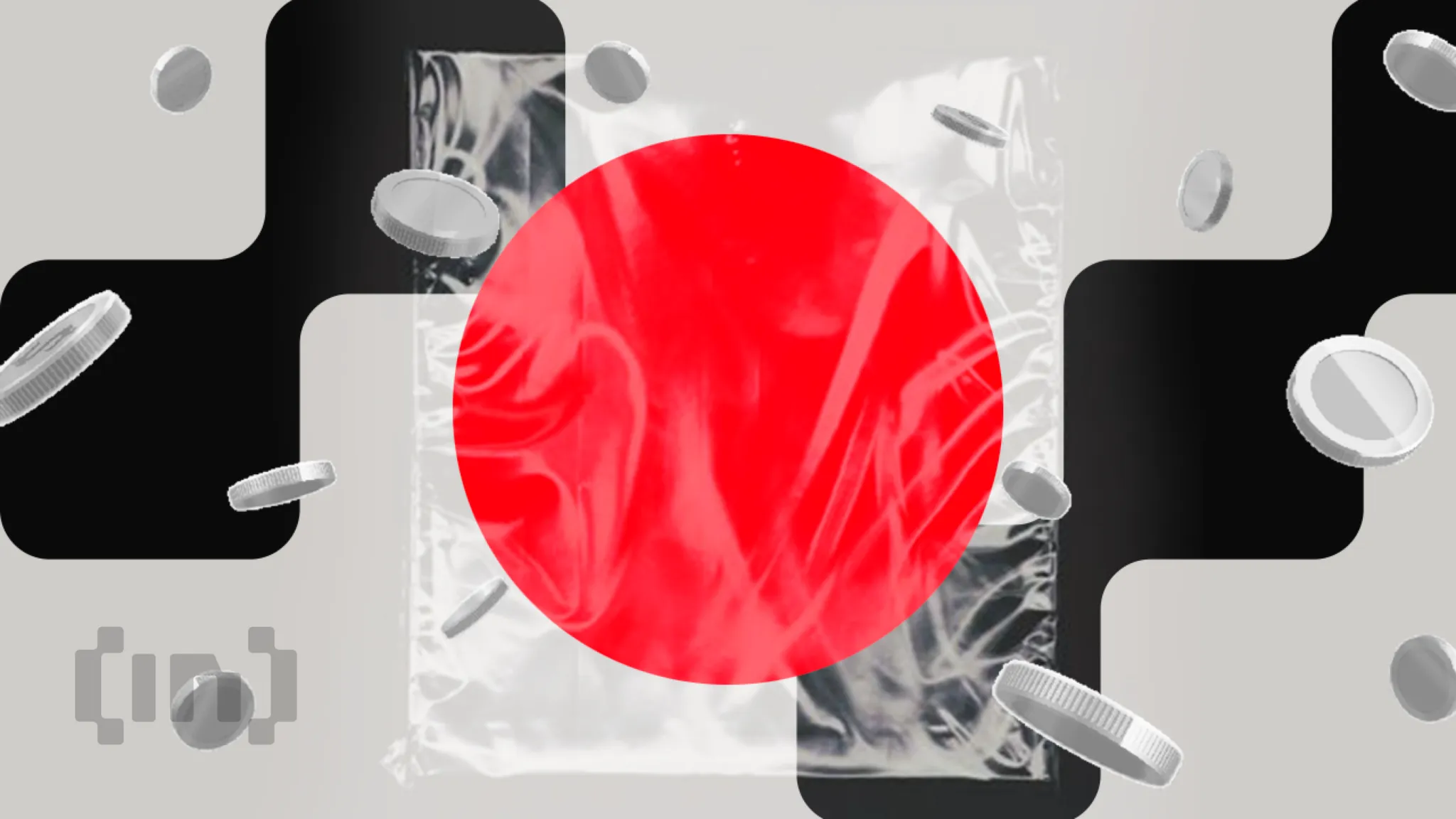
SBI Shinsei Bank is set to make a significant move in the fintech space with plans to launch DCJPY, a yen-backed tokenized deposit. This innovative step has the potential to reshape how corporate and retail clients handle payments, liquidity, and settlements on both domestic and international levels.
What is DCJPY?
DCJPY is a yen-denominated tokenized deposit backed 1:1 by fiat yen and operated on a permissioned blockchain. Unlike public blockchain tokens, DCJPY is highly secure and regulated under Japan’s Financial Services Agency (FSA). This makes it a reliable solution for businesses and individuals looking for transparency and real-time transactions.
In partnership with domestic fintech DeCurret DCP and Singapore-based Partior, SBI Shinsei will leverage distributed ledger technology (DLT) for multi-currency clearing and settlement. These efforts aim to simplify cross-border transactions, enhance liquidity, and significantly improve payment efficiency for Japanese clients.
Strategic Collaboration for Innovation
A key aspect of this initiative is SBI Shinsei’s collaboration with DeCurret DCP and Partior, which already operates a state-of-the-art tokenized deposit platform. Major global banks like J.P. Morgan, Standard Chartered, and Deutsche Bank have adopted the same platform. The partnership will explore connecting yen deposits to international cross-border networks and enabling multi-currency settlements, including US dollars, euros, and Singapore dollars.
Additionally, Japan Post Bank is looking to adopt DCJPY by 2026, positioning Japanese banks as frontrunners for tokenized deposit adoption. The priority will be on domestic rollouts before expanding to foreign currency implementations.
Benefits of Tokenized Deposits
Tokenized deposits, such as DCJPY, offer numerous advantages:
- Real-Time Settlements: Transactions occur instantly, reducing processing times for domestic and international payments.
- Enhanced Transparency: All transactions are recorded on a blockchain ledger, ensuring accountability and visibility.
- Improved Liquidity: Tokenized assets help banks and businesses manage cash flow more efficiently.
- Regulated and Secure: DCJPY is fully compliant with banking regulations, offering peace of mind to users.
How Does DCJPY Compare to JPYC?
As Japan embraces the tokenized deposit framework, it’s essential to differentiate between DCJPY and JPYC. While both are yen-backed digital assets, they operate under distinct regulatory frameworks:
- Operational Framework: DCJPY operates on a permissioned blockchain and is directly endorsed by banks, while JPYC uses a public blockchain and is backed by third-party collateral.
- Regulation: DCJPY adheres to strict banking regulations, whereas JPYC falls under the Payment Services Act and Financial Instruments and Exchange Act.
These differences make DCJPY the go-to choice for clients seeking a more secure and compliant solution.
Similar Innovations in Tokenization
The rise of tokenized financial assets is not limited to Japan. Major international institutions, such as J.P. Morgan and BNY Mellon, are leveraging blockchain technologies to tokenize customer funds. For instance, J.P. Morgan’s JPM Coin allows for seamless intra-bank payments. Similarly, BNY Mellon integrates blockchain into their liquidity management systems, improving transaction speeds and security.
Why Follow Tokenization Trends?
If you are a corporate entity or a high-net-worth individual, keeping an eye on tokenized deposits like DCJPY could be your gateway to streamlined global transactions. With reduced costs, enhanced accuracy, and improved transparency, this technology is poised to revolutionize traditional banking systems.
Interested in exploring related services? Check out BNY Mellon’s LiquidityDirect for tokenized money market fund management.
As the financial world embraces blockchain-backed innovations, staying informed and prepared is vital. From improving payment efficiency to enabling real-time solutions, tokenized deposits like DCJPY are paving the way for a brighter banking future.






